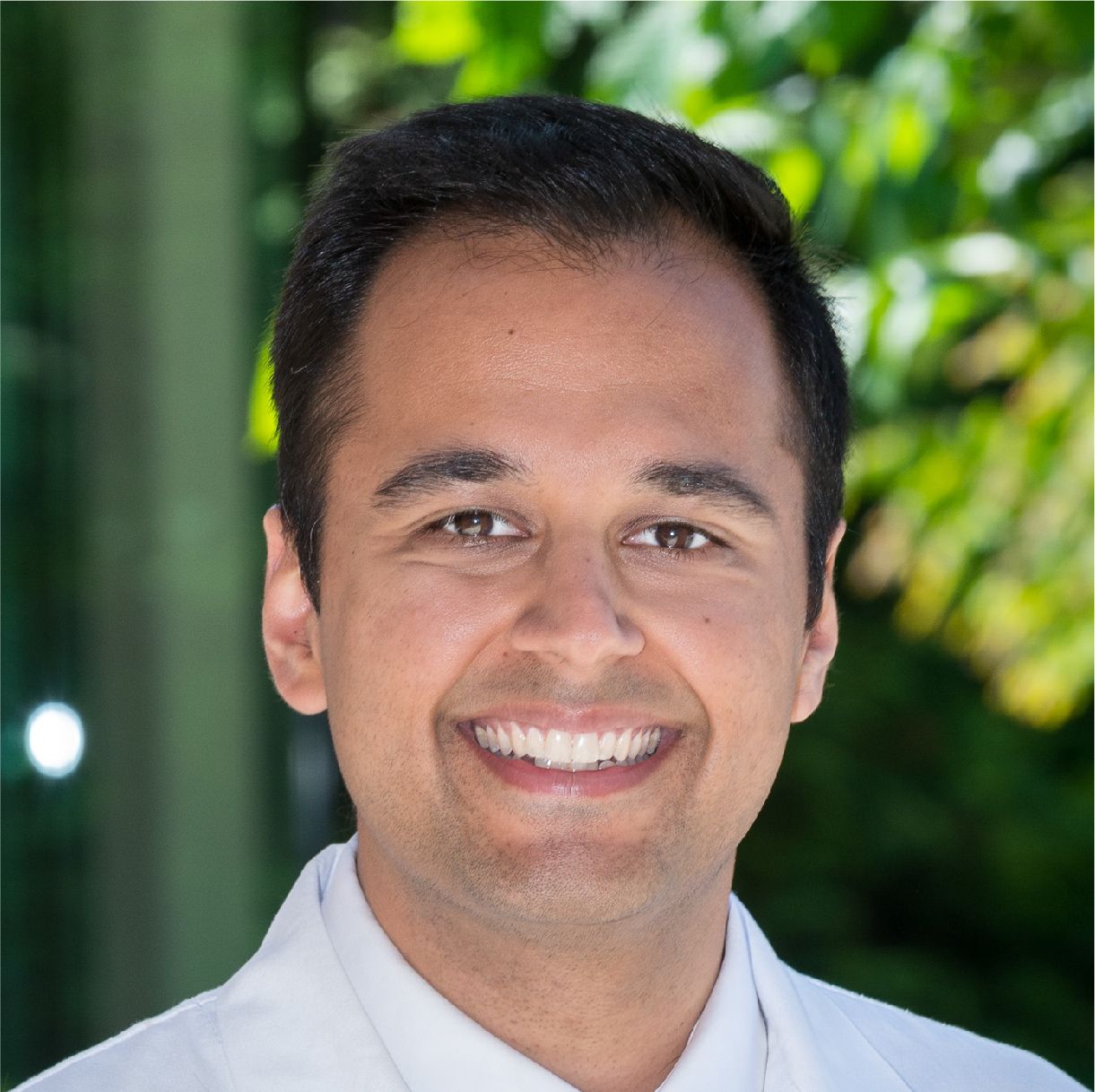Last Updated on June 27, 2022 by Laura Turner
Earning a medical school admissions interview is a significant accomplishment. Many programs adhere to rigorous academic, extracurricular, and research requirements when selecting candidates for in-person meetings. Though you should view this as an opportunity to communicate to admissions interviewers why you are a perfect candidate for the school’s incoming class, be aware that a poor showing can harm applicants. Below are several blunders to avoid during your medical school interview:
1. Failing to articulate your career plans
Physicians increasingly diversify their career paths. As a potential medical student, it is vital for admissions committee members to understand where you hope your career will go. This does not necessarily mean which medical specialty (e.g. cardiology, transplant surgery, etc.) you intend to pursue. Rather, you must have a sense of which area of medicine you want to devote your career to— medical education, clinical research, community medicine, rural medicine, basic science research, healthcare quality, health policy, biotechnology, etc. Articulating which career path you will choose demonstrates a mature understanding of the field of medicine, and it will certainly help interviewers grasp your underlying motivations for pursuing medical school.
2. Making excuses for past shortcomings
Almost all interviewees can pinpoint at least one element of their application that they feel is lacking or below average for a particular school. Interviewers will occasionally raise these aspects to gauge an applicant’s understanding of them. For example, if a student primarily posted As and Bs in college, but he or she earned a C in organic chemistry, an interviewer may note this while reviewing the interviewee’s transcript. In situations like these, it is crucial for applicants to avoid making excuses. Instead, discuss what you learned from the experience, and, most importantly, convey what you did in response to what you learned. Perhaps you altered your time management, changed your study strategy, or scaled your extracurricular involvements back in order to re-prioritize. Whatever you did, ensure you clearly discuss it, as this shows that you can accept your shortcomings and address them.
3. Arriving without well thought-out questions
Most medical school interviews conclude with the interviewer asking the candidate if they have any questions. A major mistake is to simply say “no.” This projects a lack of enthusiasm for the program. For an interviewer, this is a red flag, and he or she may believe that there is a small chance you will matriculate if offered admission. Instead, prepare several questions specifically tailored to each school. Research programs’ websites before your interviews and determine what is unique about each school. Perhaps there is an unusual curriculum, hospital system, or research opportunity. Certain programs also have specific dual-degree options (e.g. MD/MBA, MD/MPH, etc.) or opportunities for students to complete electives in order to pursue other endeavors.
4. Displaying little enthusiasm for the school
This relates to the prior point. Though medical school interviews may begin to blend into one another, you must maintain your enthusiasm throughout the interview season. Each program’s admissions committee should feel that you are seriously considering their school for your medical education. Show your interest by being knowledgeable about each program’s special aspects, and ensure you communicate your enthusiasm throughout the interview by mentioning specific people, organizations, or courses that you look forward to experiencing if accepted.


